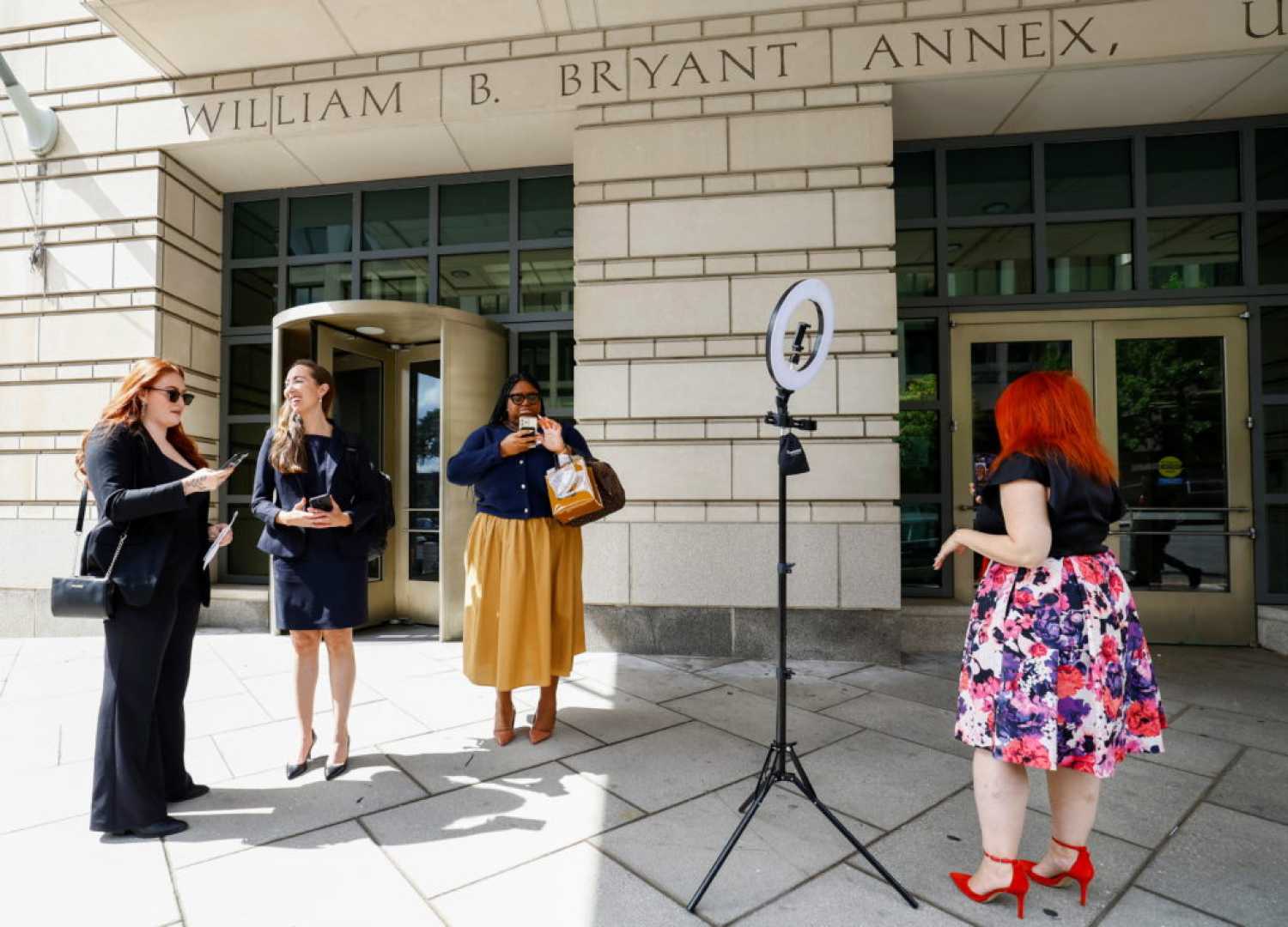Tech
TikTok Faces U.S. Ban as Supreme Court Weighs National Security Concerns

TikTok, the popular Chinese-owned social media app, is at the center of a legal battle that could determine its future in the United States. On Friday, representatives from TikTok’s parent company, ByteDance, will appear before the U.S. Supreme Court to challenge a law requiring the company to sell the app by January 19, 2025, or face a nationwide ban. The law, signed by President Joe Biden in April 2024, cites national security concerns over ByteDance’s ties to the Chinese government.
The legislation, known as the ‘Protecting Americans from Foreign Adversary Controlled Applications Act,’ has sparked a heated debate over free speech and national security. TikTok argues that the law violates the First Amendment by infringing on users’ rights to access and share content. However, the U.S. government contends that the app’s ownership by a Chinese company poses a significant risk, as it could allow the Chinese government to access sensitive data or manipulate content seen by millions of Americans.
Chief Judge Sri Srinivasan of the U.S. Court of Appeals for the District of Columbia Circuit, who upheld the law, noted that the U.S. has a long history of restricting foreign control over communications infrastructure. ‘The federal government has consistently acted to prevent foreign adversaries from controlling critical channels of communication,’ Srinivasan wrote in a concurring opinion.
TikTok’s legal team is urging the Supreme Court to overturn the lower court’s decision, arguing that the law sets a dangerous precedent for government interference in media ownership. ‘This is not just about TikTok,’ said a spokesperson for the company. ‘It’s about the broader implications for free speech and the open internet.’
If the ban takes effect, internet service providers and app stores like Apple and Google will be prohibited from hosting TikTok. The app, which boasts over 170 million users in the U.S., would effectively disappear from American devices. ByteDance has explored potential buyers, including billionaire Frank McCourt, who has reportedly pledged up to $20 billion for the U.S. portion of TikTok. However, any sale would exclude TikTok’s algorithm, which China considers intellectual property.
The Supreme Court’s decision could have far-reaching consequences for both national security and digital rights. With the January 19 deadline looming, the justices are expected to issue a ruling quickly. Legal experts predict that the Court is unlikely to side with TikTok, given the bipartisan support for the law and the national security concerns at stake.
As the case unfolds, TikTok’s future in the U.S. remains uncertain. The app, which has become a cultural phenomenon and a platform for millions of creators, could soon face its most significant challenge yet.












